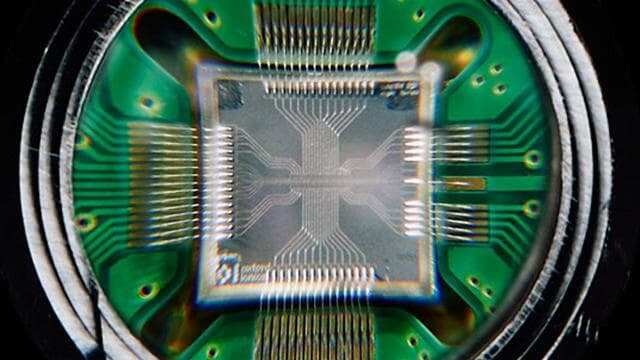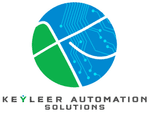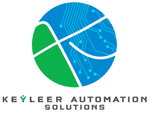The Quantum Leap
The Quantum Leap

In a remarkable stride towards the future, researchers at Oxford University have unveiled significant progress in the development of practical quantum computers. This breakthrough marks a pivotal moment not only for the field of quantum computing but also for industries reliant on advanced automation and electronics, such as the ones KeyLeer Automation Solutions serves.
Understanding the Breakthrough
Quantum computing, often regarded as the next frontier in computational technology, operates on principles vastly different from classical computing. By leveraging the peculiar behaviors of quantum bits (qubits), quantum computers can process complex calculations at unprecedented speeds. Oxford’s recent achievement addresses one of the major hurdles in this field – error correction.
The researchers have successfully implemented a more efficient error correction protocol, which ensures that quantum computers can maintain coherence and perform calculations reliably over extended periods.
This advancement brings us closer to realizing the potential of quantum computing in practical applications, promising transformative impacts across various sectors.
Implications for Automation and Electronics
As a service solutions provider in the automation and electronics industry, KeyLeer Automation Solutions recognizes the profound implications of such technological advancements. Here’s how this breakthrough could reshape our landscape:
Enhanced Computational Power: Quantum computers can solve complex optimization problems much faster than classical computers. This capability can revolutionize automation processes, leading to more efficient system designs and operations. For example, optimizing supply chain logistics, improving predictive maintenance, and enhancing AI algorithms used in automation can be achieved more effectively.
Advanced Materials and Electronics Design: Quantum computing can accelerate the discovery and development of new materials with superior properties, essential for next-generation electronic components. This could lead to the creation of more efficient semiconductors, superconductors, and other critical materials, driving innovation in electronics manufacturing.
Breakthroughs in Cryptography: Quantum computing’s ability to break traditional encryption methods necessitates the development of new cryptographic techniques. For automation systems and electronic devices, ensuring robust security is paramount. Quantum-resistant cryptography will become a standard, protecting sensitive data and communication in industrial applications.
Simulation and Modelling: Quantum computers excel at simulating molecular and atomic interactions, which can significantly benefit the design and testing of new electronic components and automated systems. This leads to faster prototyping, reduced costs, and enhanced performance of final products.
Preparing for the Quantum Era
At KeyLeer Automation Solutions, we are committed to staying at the forefront of technological advancements. Our team is continuously exploring how emerging technologies, like quantum computing, can be integrated into our service offerings to provide cutting-edge solutions for our clients.
We are excited about the potential of quantum computing to revolutionize the automation and electronics industries. By leveraging these advancements, we aim to enhance our solutions, drive innovation, and support our clients in achieving their operational goals with greater efficiency and precision.
Conclusion
Oxford’s breakthrough in quantum computing represents a significant leap forward, bringing us closer to a future where quantum technology is a practical tool for industry applications. At KeyLeer Automation Solutions, we are prepared to harness the power of these advancements to deliver superior solutions for our clients, ensuring we remain at the vanguard of innovation in the automation and electronics sectors.
Stay tuned for more updates on how we integrate cutting-edge technologies to transform your business processes. Together, let's embrace the future of quantum computing and its endless possibilities.

